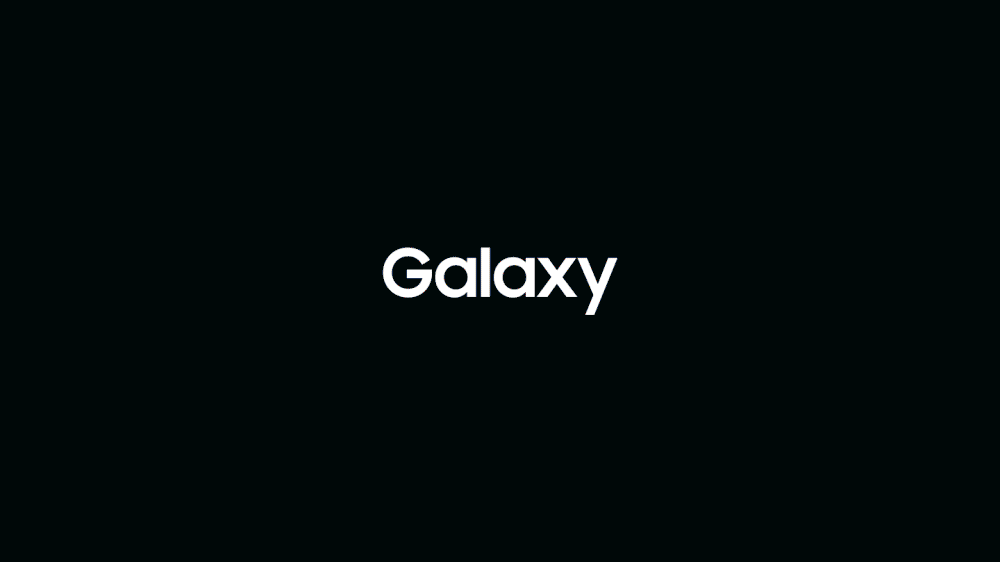ICYMI: Mobile & Beyond; 12:2022
Week 12

Awesome Event. Samsung unveiled the next gen Galaxy A in an event last week. Oh, you missed the invite for that? Don’t worry, you weren’t alone — the news hit just a few days before the event itself. Although not as exciting compared to the S-series or Z foldables, the A-series holds the majority share of Galaxy sales and will ship with Android 12 a la One UI 4.1. You can also find a brief run-down of everything announced here.
Google I/O. May 11–12 will be the dates for this year’s primarily virtual event… as announced by Sundar Pichai on Twitter last week. As we await a more official post on Google’s blog The Keyword, that will have to suffice for now. In the meantime, the I/O website has been updated with a countdown ticker in what we’ve come to expect as standard Google fashion. The program, learning labs, and such have yet to be disclosed, but you can register for the event today.
Google Play L. Apps optimized for large screens will now be more discoverable in Play. Furthering Google’s investment in tablets and foldables, the store is receiving three main updates: ranking and promotability changes, alerts for low quality apps, and device-specific ratings and reviews. These features are planned for a gradual roll-out over the next few months and Google is providing guidelines to assess app quality, so there is still time to dial in the experience. However, it is not clear how hybrid apps will be affected by these changes.
Android 13… Developer Preview 2 was also released with more features and changes. Centered around the themes of privacy and user trust, developer productivity, and app compatibility, this second preview is available on Pixel devices and Android Emulator. You can dive in by checking out the latest episode of The Android Show or this detailed overview of features from Android Authority. After the major changes that Android 12 brought, it’s good to see that Google is keeping their foot on the gas.
iOS 15.4… was released publicly along with iPadOS 15.4 and watchOS 8.5. These lates updates bring the ability to unlock Face ID while wearing a mask (which hopefully we won’t need for much longer) along with Universal Control and 37 new emoji characters. I briefly turned on Universal Control — the ability control Macs and iPads with a single keyboard and trackback — to test out between my work MacBook and iPad Pro, but turned it off a bit later since I already use Sidecar as my home office setup (and I suspect it was causing performance issues). Release notes: iOS, iPadOS, watchOS.
From the desk of…
As Russia continues to wage war on Ukraine, we continue to see the fallout in the technology sector. In the latest edition, Instagram has been blocked by the Russian government in a further attempt to control the narrative of the invasion. This leaves 80 million of its citizens cut off from each other as well as from news sources outside of state control. And as the censorship laws begin cracking down on dissent in the interior, people are turning to Clubhouse to voice their anti-war sentiments. We’ve seen a similar repurposing of apps during the pandemic when Twitch began supporting musicians by streaming virtual concerts.
Facebook, which was also blocked last week, took down a deepfake video of Ukrainian President Volodymyr Zelenskyy asking citizens to lay down arms. This is exactly the sort of weaponized use that has always made me uneasy about augmented reality filters. I’ve seen people share humorous videos with face-swapping tech that could easily be retooled for darker purposes and, well, there you have it. And though I’ve long been a critic of the abysmal job that social media companies like Meta have done to prevent the spread of disinformation on their platforms, it’s good to see them taking manipulated videos a little more seriously.
Articles
- Galaxy A Event: Democratizing the Latest Galaxy Innovations For All (Samsung Newsroom U.S.)
- Google I/O dates announced for 2022 (Android Authority)
- Helping Users Discover Quality Apps on Large Screens (Android Developers Blog)
- Android 13 Developer Preview 2 (Android Developers Blog)
- Apple releases iOS 15.4 with mask-friendly Face ID unlock (Engadget)
Events
- [Mar 24 @ 12pm CDT] Using Design As a Strategic Advantage (Pragmatic Institute)
- [May 11–12] Google I/O (Google)
- [Jun 15–16] VOICE Global 2022 (Modev)
Resources
- [Newsletter] UI Designer Weekly, March 11th 2022 (DetailsPro)
- [Guidelines] Confirmation Bias in UX (NNg)
- [Library] TikTok iOS & Android screens (Mobbin)
- [Report] This Week in Apps #105 - Where's the Money? (AppFigures)
- [Report] New iPhones Help 5G Handsets Capture More Than Half the Market (Bloomberg)
